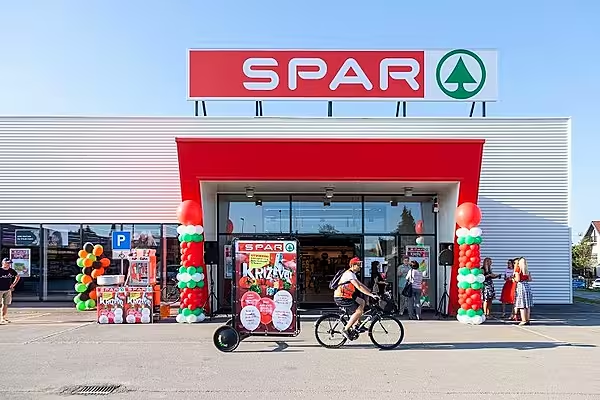SPAR Croatia is reducing the sugar content in its own-brand products, in line with the recommendations of the World Health Organisation (WHO). The retailer has so far managed to significantly reduce the amount of sugar in 36 SKUs produced for the SPAR brand by Croatian manufacturers, reports ESMmagazine.com. Croatian food company Vindija is one of the firsts to support SPAR Croatia's initiative. So far, it has rebranded the 'z bregov fruit yoghurt range, reducing the proportion of sugar by 15% and using 26,000 kilograms (kg) less sugar on an annual basis. A similar initiative was also implemented for the Vindija juice range, which has seen a reduction in sugar of 231,700 kilograms annually. While reducing the calorific value in both ranges, Vindija has managed to retain the recognisable flavours. Other leading Croatian food producers are expected to join SPAR Croatia's initiative in the near future.
Big-box retailer Target recently said that losses caused by theft and organised retail crime, which had spiked in the first half of the year, are showing signs of stabilising. Target shares were up 3.5% at $129.40 in afternoon trading after the company's second-quarter profit exceeded analysts' expectations earlier on Wednesday. In May, Target had warned that theft and organised retail crime was hurting profitability and could reduce it by more than $500 million, on top of the $650 million in losses it incurred in 2022. Organised retail crime is defined as the phenomenon when gangs of thieves coordinate to steal millions of dollars of merchandise - often perfume, cosmetics, electronics or power drills - from retailers to then resell it on the black market. The reselling is generally at online auction sites and flea markets, and can even be done via third-party merchants on marketplaces like Amazon.com and Walmart.com. While rising theft is impacting all retailers, including Walmart and Home Depot, Target has been the most vocal about the issue as it has struggled with excess inventories and disappointing margins. Its large concentration of stores in urban areas also makes it more vulnerable to higher levels of crime, analysts said.
The grocery division of Finnish retail group Kesko generated sales worth €513.1 million in June, registering year-on-year growth of 1.7%. Grocery sales at K-food stores grew by 1.3%, while sales of home and specialty goods at K-Citymarket were also up, the company said in a statement. The company's food service arm, Kespro reported sales growth of 6.0%. In July, total sales generated by Kesko Group amounted to €908.8 million, down 1.3% year-on-year. Commenting on its performance, Mikko Helander, chief executive, Kesko, said, "In July, sales increased in the grocery trade in all businesses. In the car trade, sales also increased in all business areas. In the construction and building technology trade, sales fell due to the weakening of construction activity."





